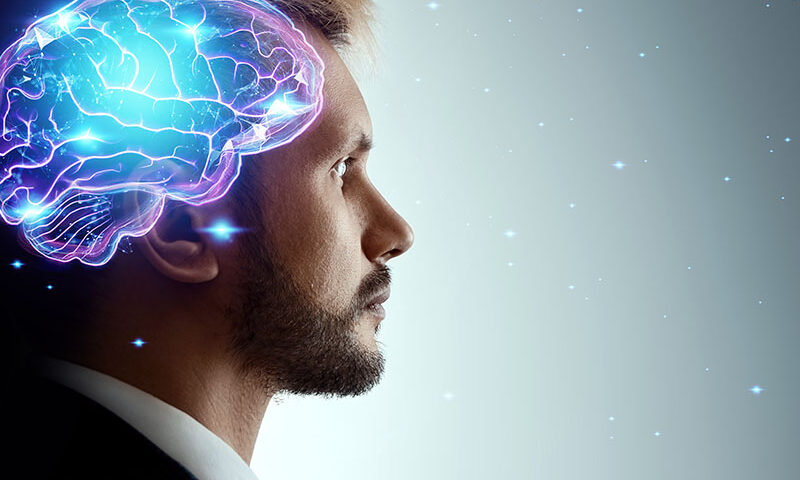When a person decides to quit drinking, it can be an extremely liberating choice. Here is a person that has likely relied on alcohol to get them through each day, leading to potential troubles in their professional and personal lives. While it may seem all right to rip the band-aid off and just stop cold turkey, this process can end up causing severe damage to important organs like the brain. What exactly happens to your brain when you stop drinking? Banyan’s Chicago addiction treatment center explains.
Questions about our Facilities or Programs?
Our admissions coordinators are available 24/7 to answer any questions you may have as you consider whether treatment at Banyan is right for you or your loved one.
Withdrawal Symptoms of Alcohol
While a person who struggles with drinking may exhibit signs of their addiction, like an inability to stop despite clear negative consequences, many fail to consider the ways that immediately stopping can hurt them. Alcohol withdrawal symptoms can be a beast, affecting the brain as well as the rest of the body.
Withdrawal symptoms can include:
- Anxiety
- Sped-up heart rate
- Heightened blood pressure
- Insomnia
- Profuse sweating
- Brain fog
The lattermost symptom, alcohol brain fog, will commonly show itself in people whose bodies are abruptly forced into the cessation of drinking. In other words, as the brain attempts to chemically readjust itself to the lack of the substance it has grown reliant on, the individual is likely to experience a sense of slowed responses and an inability to concentrate. More concerning than an inability to concentrate is the risk of serious health complications, like seizures.
The Risk of Seizures Is Real
When someone asks what happens to the brain when you stop drinking, perhaps the most concerning answer is the possibility of experiencing seizures. Seizures typically occur within 48 hours of a person’s last beverage but may also happen at any time during the first week of withdrawals.
There are several factors that can contribute to the intensity of withdrawal symptoms such as seizures, including:
- The amount of time the person has drunk heavily
- Any other co-occurring disorders
- The individual’s overall health status
- How old the person is
These seizures occur because of the inhibition of NMDA neuroreceptors in the brain. The receptors are responsible for transferring and processing information from other neurotransmitters.1 When someone stops their alcohol intake suddenly, these effects are reversed, and the brain enters hyperexcitability. Hyperexcitability is what leads to the seizures in question, as well as what’s referred to as alcohol withdrawal delirium or delirium tremens (DTs).
DTs are perhaps one of the worst side effects of alcohol withdrawals and will usually start around 3 to 5 days after cessation of alcohol occurs. Symptoms can include intense bouts of confusion, hallucinations, irregular heartbeats, coma, and even death. The risks involved with alcohol withdrawal make it inadvisable to attempt to handle quitting drinking on one’s own. Instead, we recommend they attend our nearby alcohol detox center in Gilman, Illinois.
Getting into treatment is easy with our free insurance verification
"*" indicates required fields
Get Effective Illinois Addiction Treatment With Banyan
After completing detox in Gilman, patients have the opportunity to return to our rehab in Chicago, where they can access life-changing alcohol addiction treatment programs. From here, they are placed into one of our levels of care, ensuring they receive the attention that is most aligned with their needs. Whether a patient needs 24-hour residential monitoring or the flexibility of an intensive outpatient program, we have the resources for you.
To learn more about the treatments and programs available to address alcoholism, call Banyan Treatment Centers Chicago at 888-280-4763 today.
Source:
Related Reading









